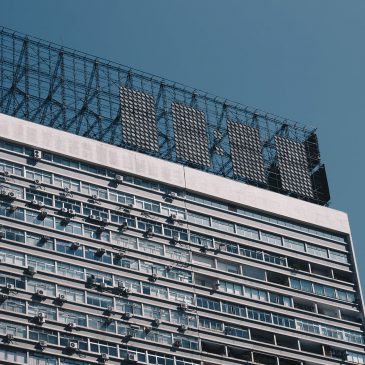A Powerful Alternative Financing Option for Purchasing Home Solar
In the dark ages of solar, the primary bar to entry for those who were interested was the cost of a system. This was despite the fact that early solar panels barely produced when compared to what contemporary solar panels can do. Now, the cost of home solar power is considerably less than it ever has been and contemporary solar panels produce an amazing amount of power.
These two factors – lower costs and greater efficiency – not to mention the ongoing developing issues with conventionally generated power, are two of the three main reasons that solar power has exploded across the country in the last ten or so years. The third reason is the amazing variety of financing options that are now available.
In the past, home solar could only be purchased with cash or financed with high-interest loans. Now solar can be financed in a variety of creative ways, including power purchase agreements. In this post, we’ll go over everything you need to know about this powerful financing tool that is helping more and more homeowners take the plunge and go solar.
Power Purchase Agreements in a Nutshell
A power purchase agreement is a relatively new way to finance a home solar power system. In fact, calling power purchase agreements a kind of financing is a bit of a misrepresentation. Under a standard PPA, a homeowner enters into a long-term arrangement with a solar provider. This solar provider may also be an installer or may rely upon second parties to install and maintain their home solar systems.
The homeowner agrees to let the solar provider install and maintain a solar power system on their property (typically on the roof of their home) in exchange for purchasing their power directly from that solar provider at a rate often considerably lower than what a traditional utility would charge them. This rate is generally negotiated up front and locked in for a period as long as twenty years or more.
The Benefits and Drawbacks of a Power Purchase Agreement
The primary benefit to the homeowner of entering into a PPA with a solar provider is that they save money on their electric bills over the course of the arrangement. Secondary benefits include the satisfaction that comes with getting your power from a greener source, as well as the fact that it costs the homeowner nothing other than giving up unused space on their roof.
The drawbacks to financing a home solar power system via a power purchase agreement include the fact that they homeowner does not own the system and therefore the system does not add any equity to their home, the savings on power bills is significantly less than what can be realized over the life of a purchased system, and all of the tax breaks that come along with purchasing home solar are off the table.
Finding an Easier Way to Go Solar
The primary reason homeowners are electing to go green with a power purchase agreement is that is lowers the bar to entry for home solar. With no upfront cost and immediate savings available, the PPA is a powerful tool for getting folks who otherwise couldn’t afford it to seriously consider going solar.
That said, the savings available to those who buy their solar panels and pay for the installation out of pocket or with traditional financing is much greater.

